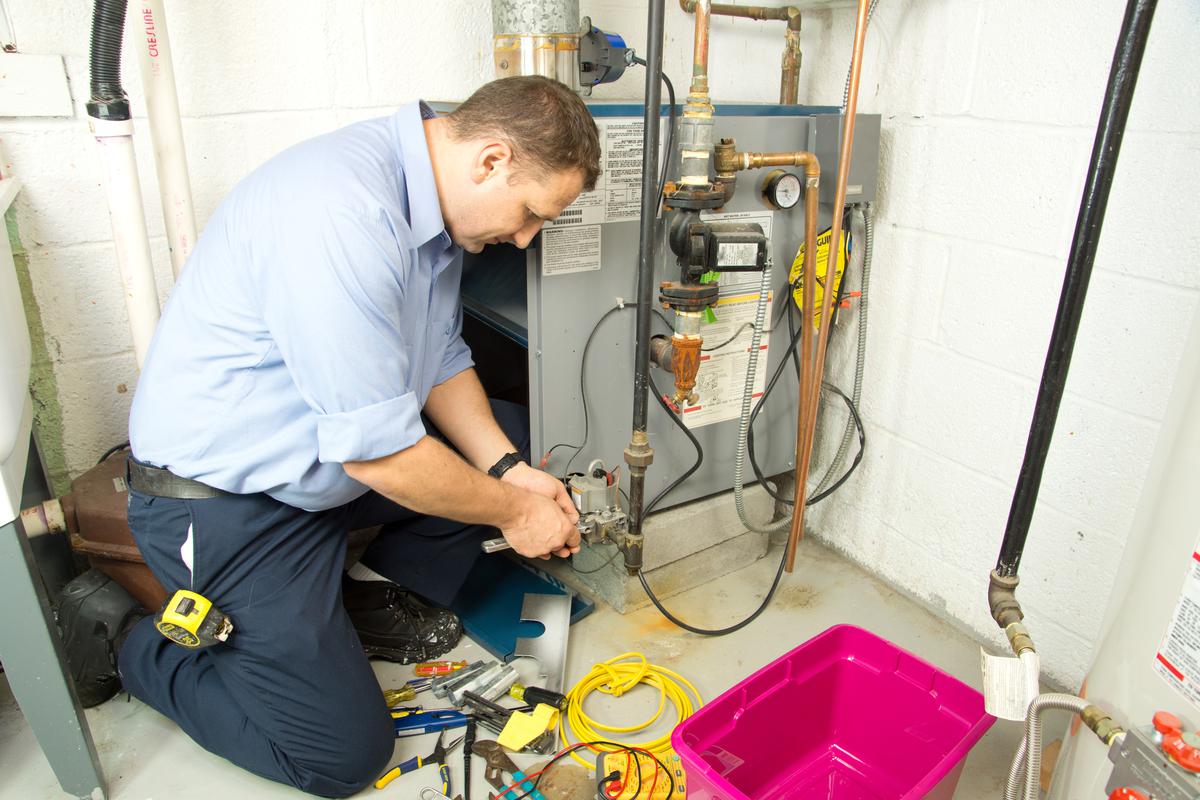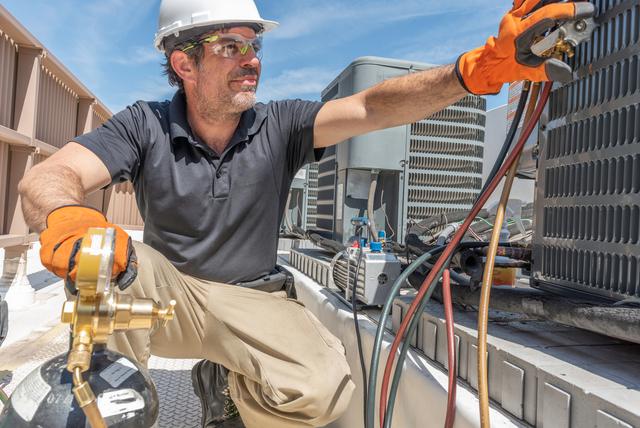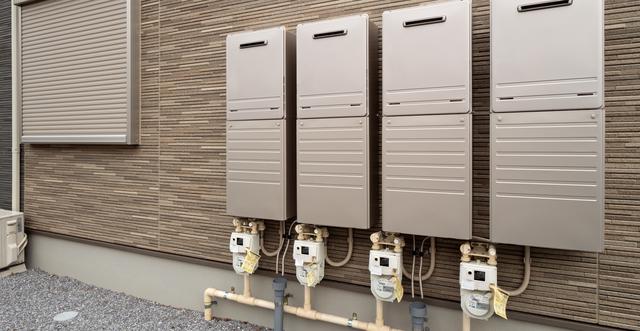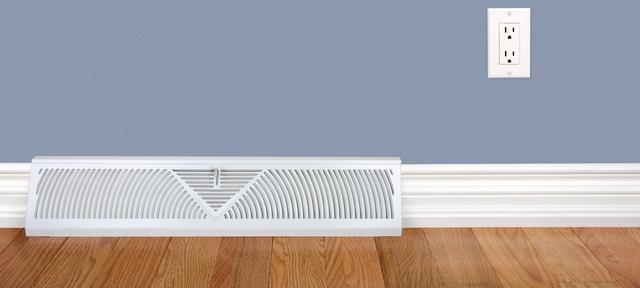Replacing a furnace can be a daunting task for any homeowner. With so many options available in the market, it can be overwhelming to choose the right furnace for your home. To make this task easier, we have compiled the top three things that homeowners should consider when replacing their furnace.
Efficiency Rating
The first and foremost thing that homeowners should consider when replacing their furnace is its efficiency rating. The efficiency rating of a furnace refers to its Annual Fuel Utilization Efficiency (AFUE) rating. This rating indicates the percentage of fuel that is converted into heat. The higher the AFUE rating, the more efficient the furnace is.
When choosing a furnace, homeowners should look for a model that has a high AFUE rating. A furnace with an AFUE rating of 90% or higher is considered to be highly efficient. Such a furnace can significantly reduce the energy bills and save money in the long run.
Size and Capacity
The second thing that homeowners should consider when replacing their furnace is its size and capacity. A furnace that is too small for the home will not be able to heat the house adequately, while a furnace that is too large will waste energy and result in higher energy bills.
To determine the correct size and capacity of the furnace, homeowners should consider the square footage of their home, the climate in which they live, and the insulation in their home. A professional HVAC contractor can help homeowners determine the appropriate size and capacity of the furnace for their home.
Fuel Type
The third thing that homeowners should consider when replacing their furnace is the fuel type. Furnaces can be powered by natural gas, propane, oil, or electricity. Each fuel type has its advantages and disadvantages.
Natural gas is the most popular fuel type for furnaces as it is clean-burning and efficient. Propane is an excellent option for homes that do not have access to natural gas. Oil furnaces are an alternative to natural gas and propane but require more maintenance. Electric furnaces are the least efficient option and can result in higher energy bills.
The cost of replacing a furnace varies depending on the size of the furnace, the efficiency rating, and the fuel type. On average, homeowners can expect to pay between $2,500 and $7,500 for a new furnace. The cost can increase if additional work, such as ductwork or electrical upgrades, is required.
In conclusion, replacing a furnace is a significant investment for any homeowner. By considering the efficiency rating, size and capacity, and fuel type, homeowners can choose the right furnace for their home and save money in the long run. It is recommended that homeowners consult with a professional HVAC contractor to ensure that they choose the best furnace for their home.






comments